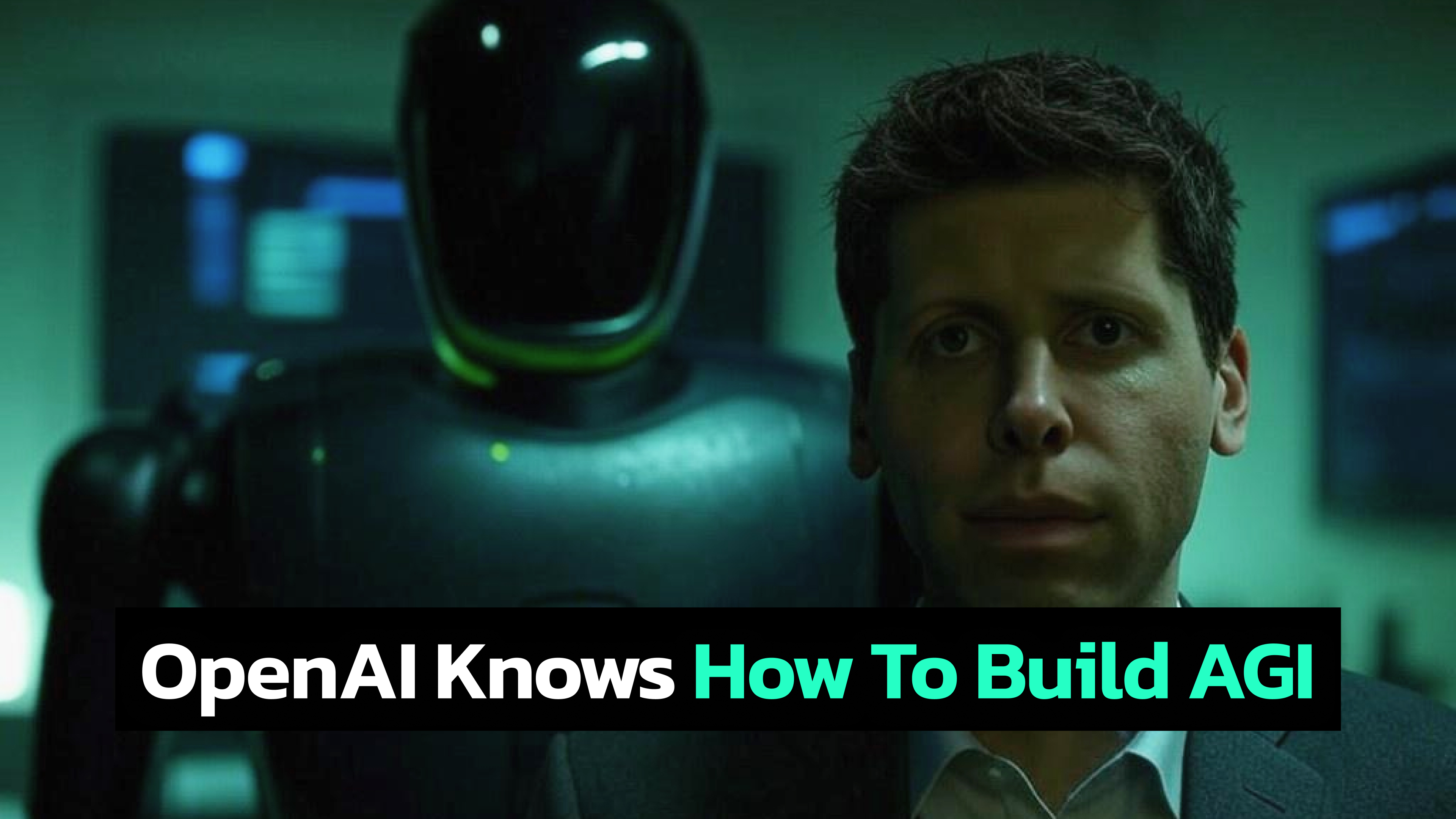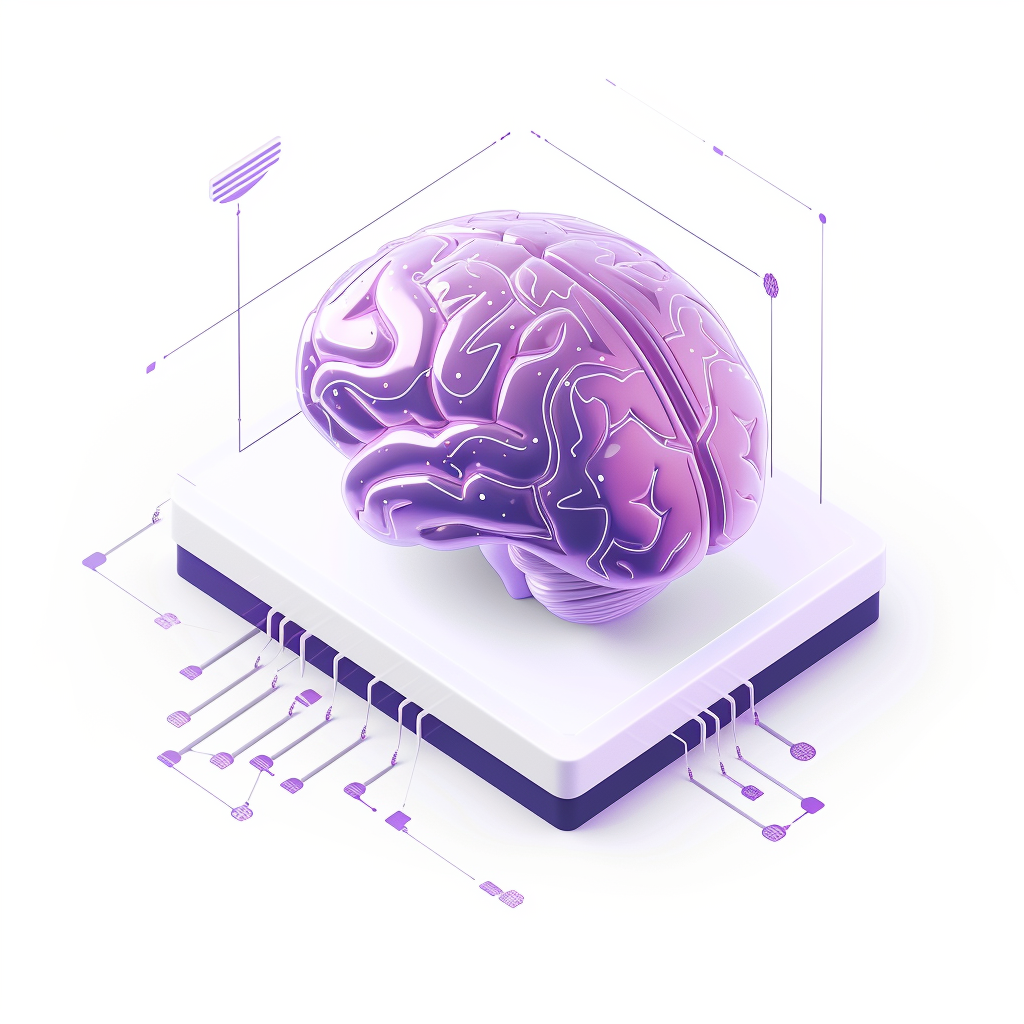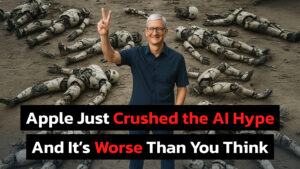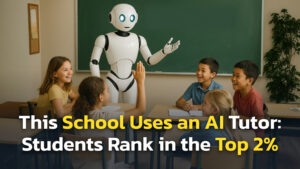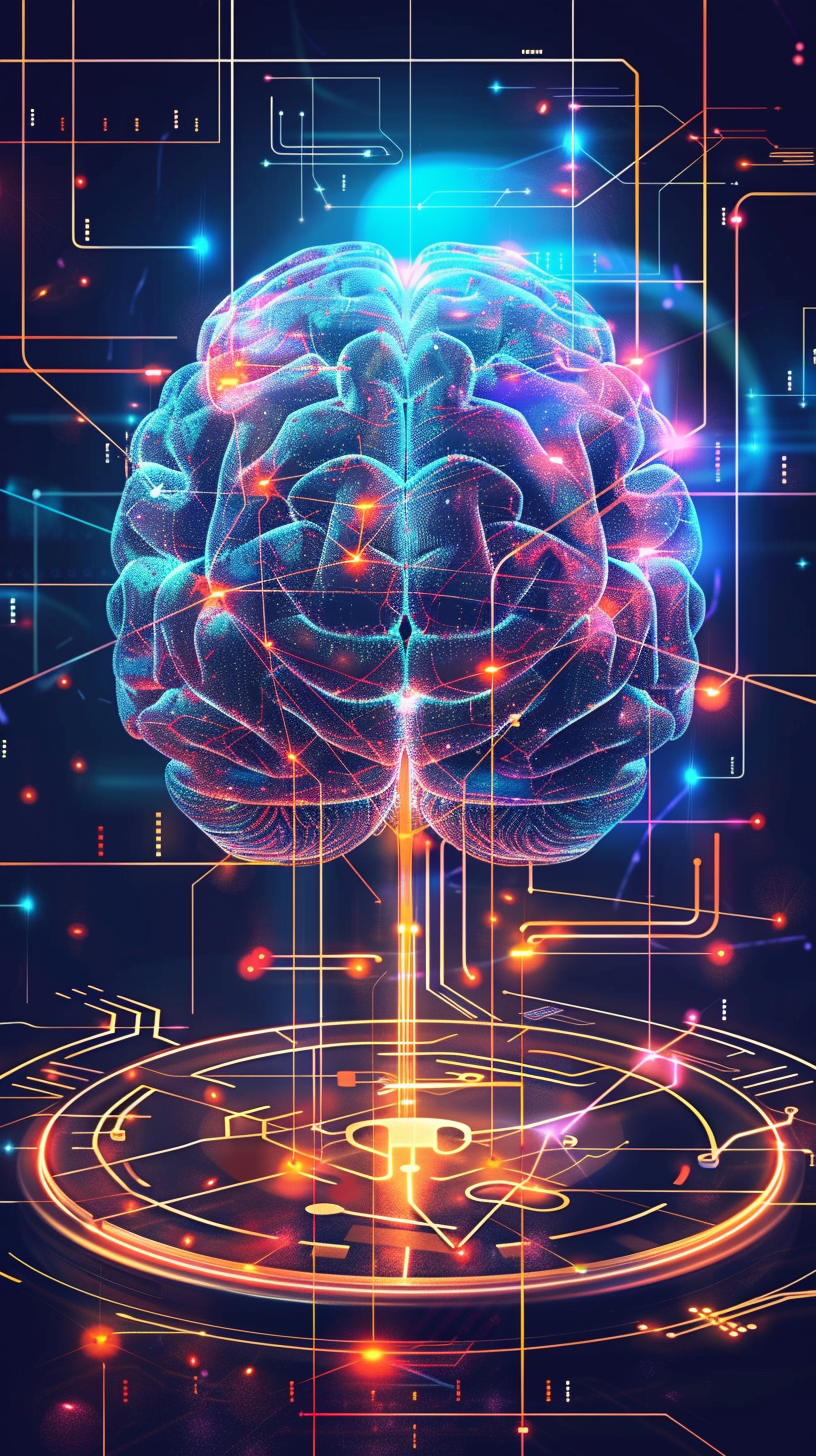Artificial General Intelligence (AGI) – the ultimate game-changer in AI – might be arriving faster than anyone expected. If we can believe to OpenAI CEO Sam Altman, the company already holds the blueprint for AGI. Yes, you read that right. Altman claims OpenAI has figured out how to create AGI and could deploy AI agents into the workforce as early as 2025.
What does this mean for the world? How did we get to this point? Let’s break it down – from what AGI really is to why Altman is convinced we’re standing at the start of an AI-driven future that could change everything.
What is AGI and Why Does It Matter?
AGI stands apart from the narrow AI systems we’re used to, like Siri or even ChatGPT. While narrow AI focuses on specific tasks – such as language translation or playing chess – AGI is designed to handle any intellectual task a human can perform. We’re talking reasoning, learning, adapting, and creating across multiple disciplines without being confined to a single use case.
In short, AGI could:
- Mimic human cognitive abilities
- Perform tasks autonomously
- Adapt and learn in real-time
- Reason, plan, and innovate like humans
If successful, AGI would revolutionize industries, accelerate scientific discovery, and potentially reshape the global economy.
OpenAI’s Bold Claim: “We Know How to Build AGI”
OpenAI believes it now understands how to build AGI. This confidence was reinforced by the announcement of the o3 model in December 2024, part of OpenAI’s ‘o-series.’ The o3 model has shown remarkable reasoning abilities and scored 75.7% on the ARC-AGI benchmark, far surpassing earlier models. While not AGI yet, o3’s performance hints that OpenAI is inching closer to this goal.
In his own words:
“We are now confident we know how to build AGI as we have traditionally understood it. We believe that, in 2025, we may see the first AI agents ‘join the workforce’ and materially change the output of companies.”
This is no small claim. Altman is suggesting that within just a few years, AI systems could integrate into the workforce, performing complex roles that would otherwise require human intellect. Imagine AI agents contributing to scientific research, software development, or even making high-level business decisions.
From Humble Beginnings to Leading the AGI Race
OpenAI wasn’t always the AI juggernaut it is today. When Altman and his team launched ChatGPT in November 2022, it was a simple demo built around “Chat with GPT-3.5.” Little did they know, this would ignite a global AI revolution.
By 2024, ChatGPT had ballooned to over 300 million weekly active users. Altman admits the journey has been far from smooth. In his reflections, he described the chaotic rise of OpenAI, including internal conflicts, governance challenges, and even his unexpected firing (and rehiring) by OpenAI’s board in 2023.
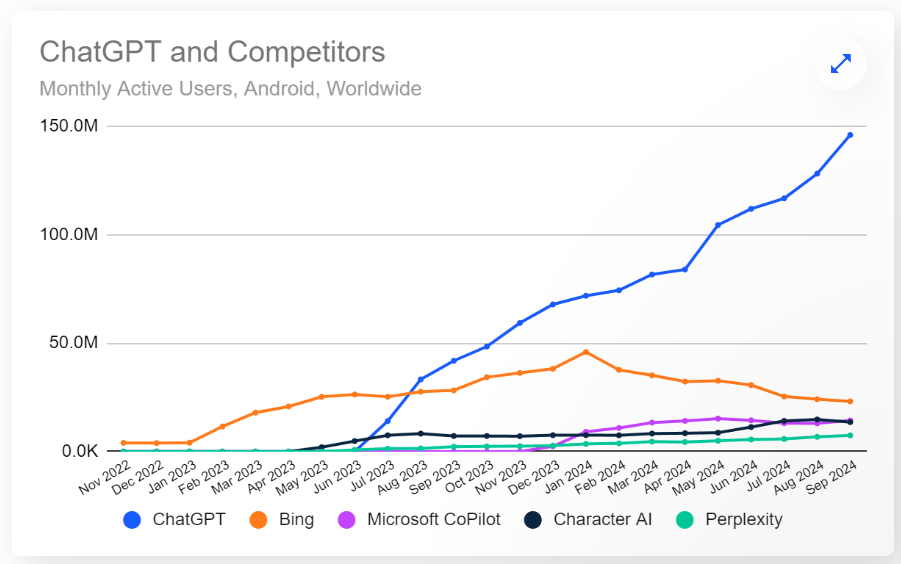
Altman says that “these years have been the most rewarding, fun, best, interesting, exhausting, stressful, and unpleasant years of my life so far.”
Despite the bumps in the road, OpenAI has emerged stronger, driven by the belief that AGI will reshape the world.
The Path to Superintelligence
Altman’s vision doesn’t stop at AGI. He believes AGI is just the stepping stone to something even bigger: superintelligence.
Superintelligence refers to AI that surpasses human intelligence across all fields, making it capable of innovation and discovery at a scale humanity can barely imagine. According to Altman, superintelligent tools could:
- Massively accelerate scientific breakthroughs
- Solve complex global challenges
- Increase abundance and prosperity worldwide
While it may sound like science fiction, Altman argues that OpenAI has been in this position before, with skeptics doubting their ability to launch systems like GPT-4. And yet, here we are.
Sam Altman claims that “in the next few years, everyone will see what we see, and the need to act with great care, while still maximizing broad benefit and empowerment, is so important.”
Interestingly, Dario Amodei, CEO of Anthropic and a key player in AI development, shares a similar sentiment. In a recent interview with Lex Fridman, Amodei predicted that AGI could emerge by 2026 or 2027, highlighting the rapid acceleration of AI capabilities.
Amodei pointed to the scaling of data, larger models, and increased computational power as the driving forces behind this timeline. His perspective echoes Altman’s belief that AGI is inevitable and within reach, reinforcing the notion that multiple AI leaders foresee AGI on the horizon.
Why AGI is Inevitable – and What It Means for You
Altman believes AGI is inevitable, and OpenAI is determined to lead the charge. But why now?
- Accelerated Research: OpenAI has consistently pushed the boundaries of AI, with breakthroughs in models like GPT-4 and DALL·E. Altman suggests this trajectory is only getting faster.
- Real-World Applications: OpenAI continues to deploy AI tools across industries, giving the company real-time feedback that accelerates development.
- Massive Capital: Altman admits AGI requires immense capital – far more than OpenAI originally anticipated. But with investors and partners like Microsoft, the company has the resources to push forward.
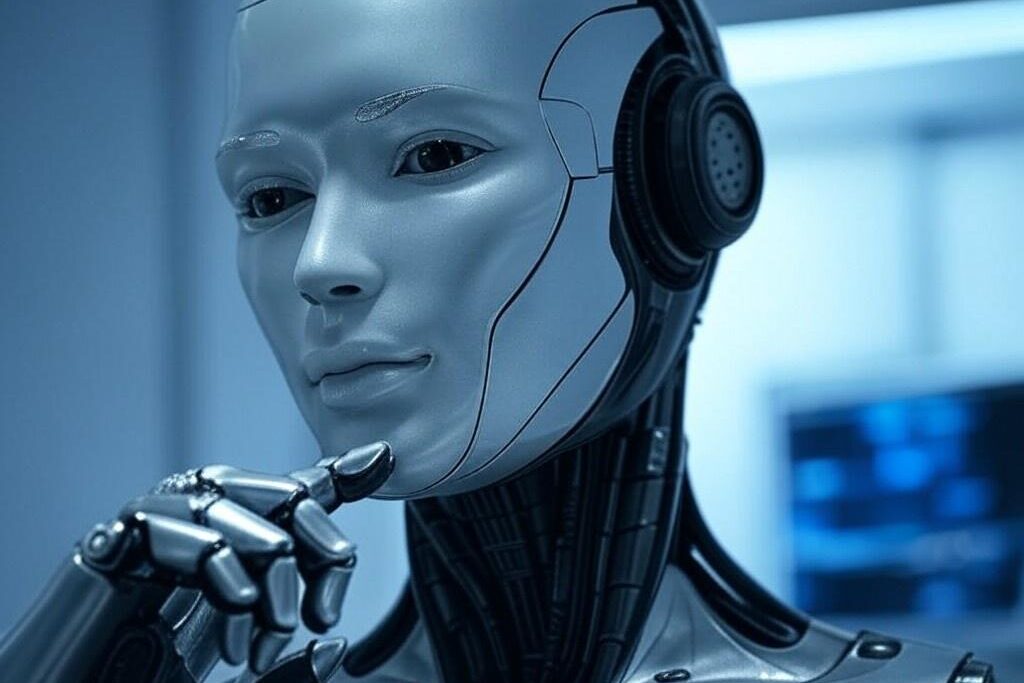
The Risks and Challenges Ahead
Building AGI isn’t just about achieving technological milestones – it’s about doing so responsibly. Altman acknowledges that AGI poses serious risks if not developed carefully.
“Good governance requires a lot of trust and credibility. I appreciate the way so many people worked together to build a stronger system of governance for OpenAI.”
Altman emphasizes the importance of gradually and iteratively releasing AI tools to ensure society can adapt to these advancements. OpenAI believes safety research and real-world applications must go hand in hand to guide the responsible development of AGI.
The Road to 2025: What to Expect Next
OpenAI’s roadmap is ambitious. If Altman’s predictions hold, 2025 could mark the year AGI begins transforming workplaces. But what can we expect in the immediate future?
- Smarter AI Assistants: Expect more sophisticated versions of ChatGPT capable of handling complex tasks autonomously.
- AI Agents in the Workforce: By 2025, Altman predicts AI agents will begin contributing meaningfully to companies across industries.
- Superintelligence Development: OpenAI’s long-term goal is to reach superintelligence, accelerating innovation across the globe.
A Sneak Peek Into the Future
The race to AGI is heating up, and if Sam Altman is right, we’re closer than we realize. However, he’s not the only one making bold predictions. Dario Amodei, CEO of Anthropic – the company behind Claude AI – believes AGI could emerge by 2027. In an interview with Lex Fridman, Amodei laid out a vision where scaling AI systems leads directly to AGI, driven by more data, larger models, and increased computational power.
Altman’s bold prediction for 2025 is more than just a date on the calendar. It represents the moment when AI could stop being a tool and start becoming a full-fledged participant in the workforce. Imagine AI agents capable of not just automating tasks but innovating alongside humans. This could redefine productivity across every industry – from healthcare to software development.
But with such advancements come significant questions. What jobs will AI replace? How will industries adapt? And perhaps most importantly, how can AI be developed responsibly to avoid unintended consequences?
Altman acknowledges the weight of these challenges. OpenAI is already working on governance structures and ethical frameworks to ensure AGI benefits society. However, as Altman admits, there are no roadmaps for what lies ahead. AGI development is uncharted territory, and each breakthrough brings new risks and responsibilities.
The next few years could shape the future of humanity in profound ways. Whether AGI arrives in 2025 or takes longer, the shift will be monumental. The implications will extend far beyond tech – reshaping economies, labor markets, and even our daily lives.
For now, OpenAI is leading the charge, and the rest of the world is watching closely. One thing is certain – AGI isn’t a distant sci-fi fantasy anymore. It’s knocking on the door, and soon, the world will have to answer.

